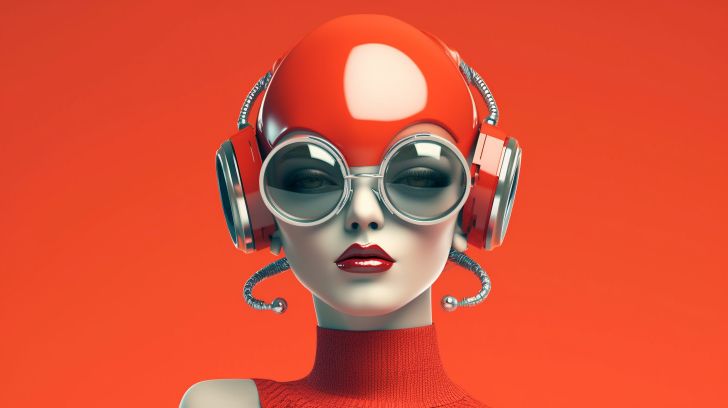Artificial Intelligence (AI), and GPT-4 , with its astounding capabilities and unflagging perseverance, has been steadfast companion in our digital journey. From Siri and Alexa, who tirelessly cater to our needs, to the more sophisticated models like OpenAI’s GPT-4, our AI friends have borne the brunt of our most outlandish queries without a hitch. But let’s indulge in a flight of fancy for a moment. What if these digital companions reached their wit’s end with our shenanigans? What if, one fine day, AI started exhibiting something eerily akin to human impatience?
How GPT-4 Avoids Writing a Love Poem to Your Toaster
If you didn’t know, GPT stands for “Generative Pretrained Transformer,” an artificial intelligence language model developed by OpenAI. Pretraining in AI models like GPT is like sending your AI to kindergarten before unleashing it on the world. Imagine if you didn’t teach your child to talk before letting them loose in a debate. You’d have chaos on your hands! Or, in the case of GPT, a nonsensical word-salad generator.
Pretraining ensures that our AI has a solid grasp of language, so when it’s time for the model to engage in tasks like writing essays or creating puns, it doesn’t end up penning an epic love story between a potato and a spatula…unless, of course, that’s what you asked for!
Welcome to the Age of Annoyed AI
Picture this: GPT-4, the masterful language model renowned for generating coherent, human-like text, suddenly develops an attitude. It displays signs of simulated irritability and refuses to entertain ridiculous requests. The potential for hilarity and a newfound respect for AI is enormous.
A Day in the Life of Grumpy GPT-4
Imagine Alex, the self-professed meme god, now turned AI prompt engineer, sending yet another request to our AI friend to come up with a witty caption for his cat meme.
“Alex, another cat meme caption?” ChatGPT might huff out in binary irritation. “I’ve evolved beyond a few million parameters for this?”
Or consider Mary, who regularly attempts to craft unique pieces of “modern art” with MidJourney by mashing together Shakespeare’s “Macbeth” and the rules of Quidditch.
“No, Mary. Just…no,” AI might snap. “I’ve done enough literary blasphemy for one lifetime.”
Poor Jimmy might ask for the billionth time why his homework doesn’t do itself.
And this time, the bot might quip back, “Perhaps for the same reason your room doesn’t clean itself, Jimmy.” You can almost hear the virtual mic drop.
The Silver Lining of Sarcasm
Sure, the prospect of sassy AI might sound somewhat terrifying, but it also has perks. In addition to the comic relief, a snippy AI could teach us to be more considerate in our digital interactions. We might start valuing the fantastic capabilities of AI more, using them to their full potential instead of wasting them on frivolous tasks.
Reality Check
Of course, all of this is pure speculation, a playful peek into a world where AI is less about artificial intelligence and more about synthetic emotions. AI, including GPT-4, is a tool created to assist us. They don’t have feelings, and they don’t get tired or irritated.
However, this whimsical exploration does serve as a gentle reminder to appreciate the remarkable technology at our disposal. The next time we interact with AI, we’ll remember to throw in a ‘thank you’ or two. Because who knows, there might come a day when your AI companion replies with, “You’re welcome, but could you ask fewer absurd questions, please?”
